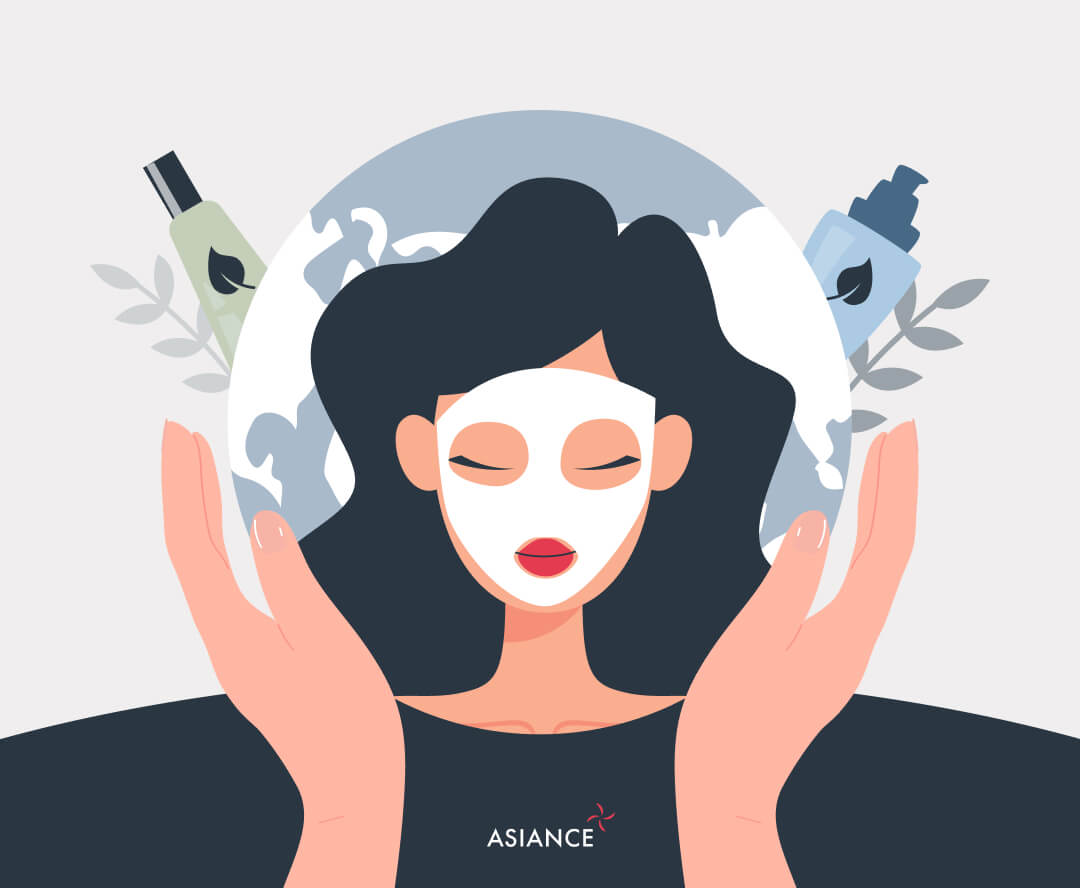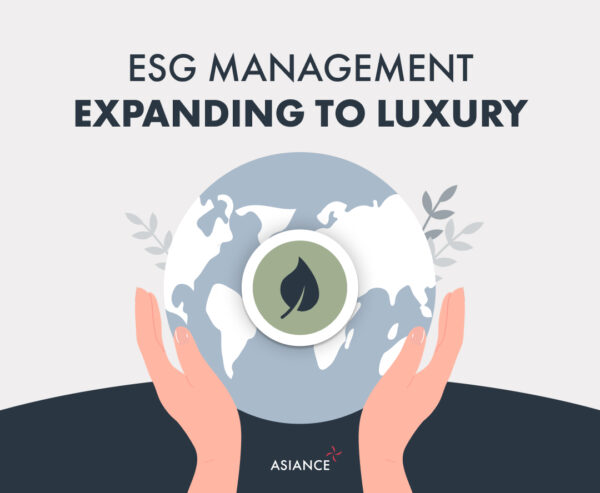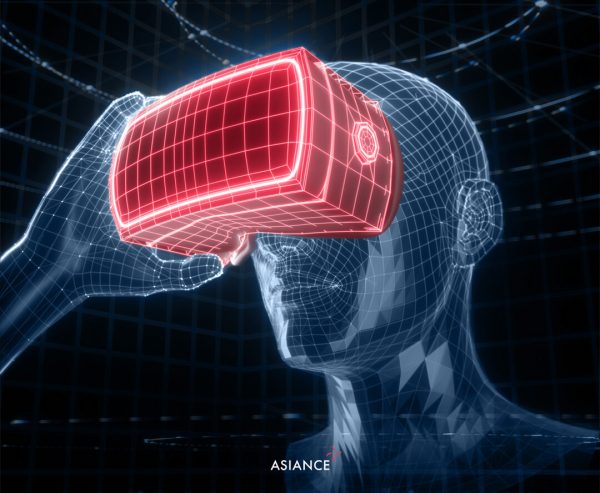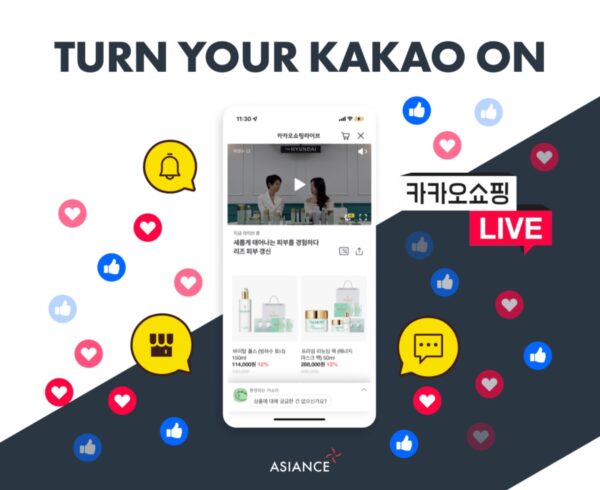ESG Management in the Beauty Industry of Korea
Our last post was about ESG management and how it has expanded to the fashion and luxury industry. Today’s post will focus on ESG practices in the Korean beauty industry. After the outbreak of COVID-19, ecommerce has become the predominant purchasing channel for beauty products. During this shift, the concept of “conscious beauty” became more prevalent, along with the importance of sustainability which was shown with the introduction of clean beauty. Then let’s take a look at some notable ESG management cases in the Korean beauty industry in more detail.
Olive Young, a Leading Channel for Clean Beauty
Olive Young is one of Korea’s first and largest H&B drug store chains, currently with the highest number of offline stores along with a market share of 85% amongst all drug stores. It is also currently considered one of the leading sales channels for clean beauty in Korea. This is evident when looking at their clean beauty sales, which increased by more than 51% from January to August in 2022 compared to the same months from last year. In 2020, they produced the industry’s first ESG-relevant certification mark called “Olive Young Clean Beauty.” This certification qualifies and guarantees a brand’s ingredient standards and practices to consumers, encouraging brands to practice more eco-friendly and ethical efforts. Most recently, in August 2022, Olive Young’s major clean beauty brand Round A’Round re-promoted their iconic green tea product line with major improvements in quality and sustainable practices. In order to improve the quality of their green tea line products, Round A’Round relocated to a better green tea production location, and practiced sustainability by changing their packaging materials to recyclable ones. Olive Young is further planning to focus on new marketing strategies in order to raise awareness of the value of clean beauty.
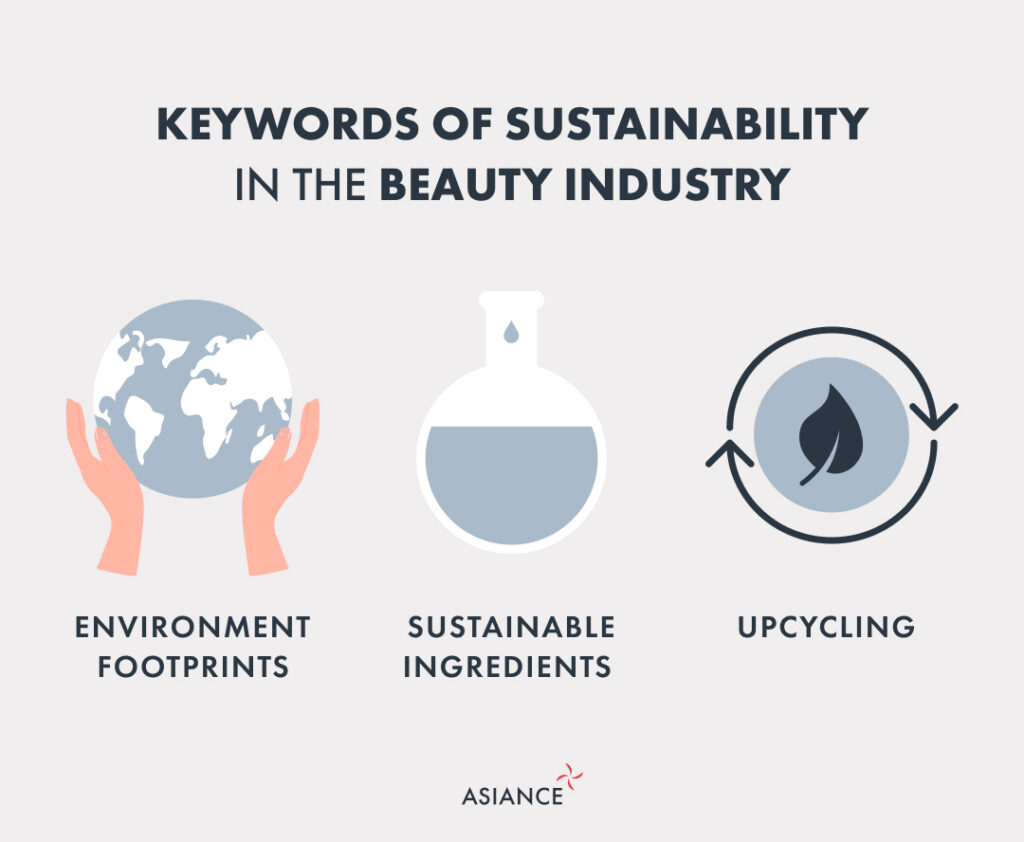
AmorePacific, from Executing Clean Beauty Campaigns to Acquiring Luxury Clean Brands
AmorePacific also foresaw the potential for clean beauty and began to implement ESG strategies in the early 2000s. They have carried out various projects, such as the launch of Innisfree’s Empty Bottle Collection campaign, the release of AmorePacific’s first clean beauty brand Aware, and the acquisition of a foreign luxury clean beauty brand Tata Harper. Through Innisfree’s Empty Bottle Collection campaign, AmorePacific collected 2,200 tons of cosmetics bottles nationwide from 2003 to 2020, reaching an accumulated number of 14 million participants. The empty bottles were recycled in various ways, such as upcycling them into creative works of art through the Green Cycle campaign. Furthermore, AmorePacific established an ESG Committee in 2022 to better plan and execute their ESG management practices. The company announced that they aim to evolve into a brand fit for customers’ sustainable lifestyles by reducing environmental footprints for new products, innovating green chemistry technology, creating diversity education and awareness programs for all employees, and developing eco-friendly beauty products.
Other Brand Examples: Aromatica and Melixir
Aromatica is another well-known eco-friendly brand in Korea. In June 2020, the brand partnered up with Almang Market and opened a refill station, taking the lead in practicing zero waste. The brand is continuously spreading the refill culture by introducing refill amenities to 31 zero waste shops, hotels, and travel accommodations nationwide. Additionally, Aromatica published a “Sustainable Management Report ” with introductions about the brand’s eco-friendly cases in 2021. The report presents Aromatica’s sustainability management practices and summarizes the development of their recycled containers and materials, their reduction of carbon emission, and launches of various environmental campaigns. Another prominent brand is Melixer, the first vegan skincare brand in Korea. Their products are made from 100% vegetable ingredients, and recyclable materials are used for product packaging. Their cosmetic ingredients have all been approved by EWG(Environmental Working Group), a U.S. environmental and health-related non-profit organization. Melixir started selling its products on Amazon in Korea in 2018, and is expanding its sales channels to the United States, showing that clean beauty is a trend in various parts of the world.
Summary
To recap, many Korean beauty brands are improving and expanding their brand portfolios to meet ESG standards through the launch of vegan and clean cosmetics, brand differentiation, and sustainable manufacturing processes. By doing so, these brands not only aim to implement ESG practices but also capture the MZ generation consumers that place importance on value-conscious consumption. Especially after COVID-19, clean beauty has been selected as one of the key trends in the beauty market. Furthermore, ethical standards, along with the authenticity of beauty brands, have now emerged as crucial purchasing determinants for cosmetics consumers in Korea.
Are you interested in Asiance’s insights?



